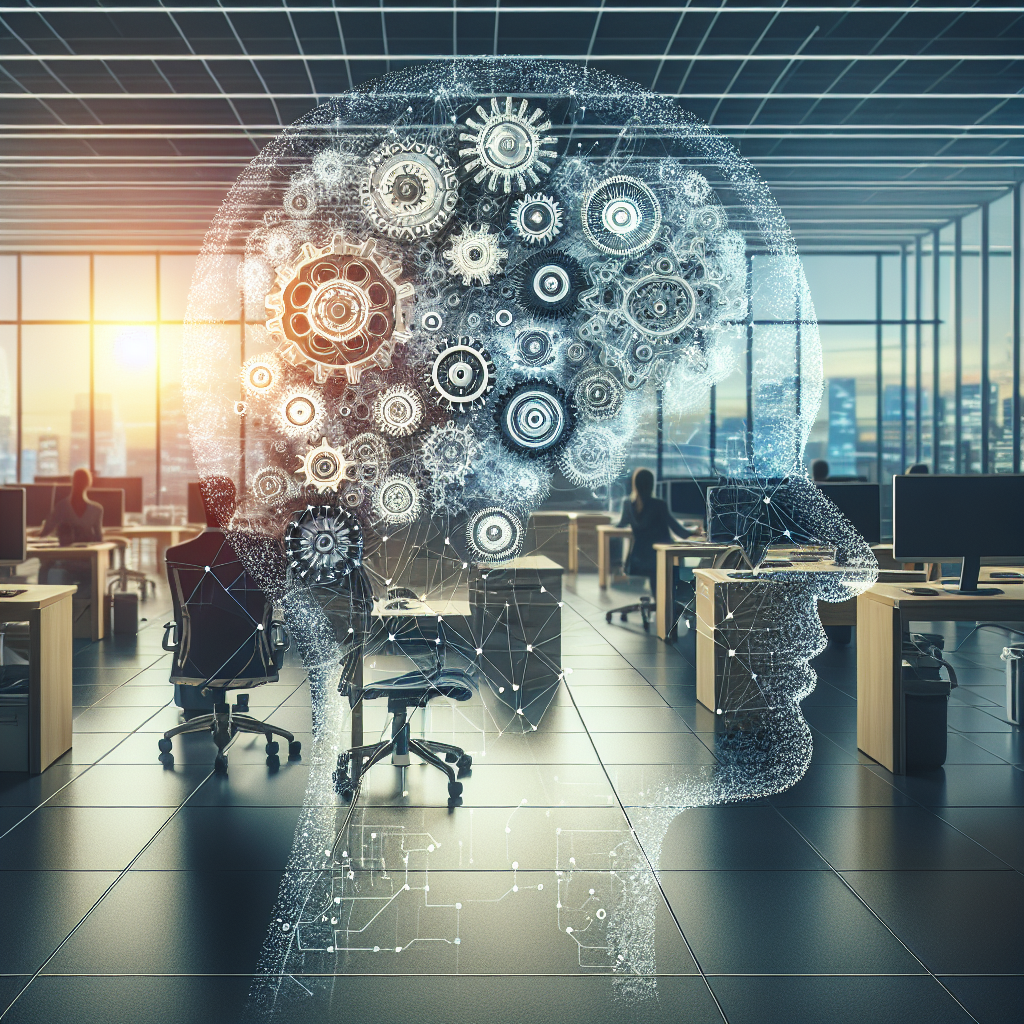AI and the Future of Work: Exploring the Impact of Artificial Intelligence on Employment
Artificial Intelligence (AI) has been a hot topic in recent years, with many experts predicting that it will revolutionize the way we work. From self-driving cars to virtual assistants, AI has the potential to automate tasks that were once done by humans, leading to concerns about the future of employment.
According to a report by McKinsey Global Institute, AI could potentially automate up to 45% of the tasks that are currently performed by humans. This has raised fears that AI will lead to mass unemployment, as machines take over jobs that were previously done by humans. However, many experts argue that while AI will certainly disrupt the job market, it will also create new opportunities for employment.
One of the key ways that AI is expected to impact the future of work is by automating repetitive and mundane tasks. This means that jobs that involve routine tasks, such as data entry or assembly line work, are likely to be the most vulnerable to automation. However, AI is also expected to create new jobs in fields such as data analysis, machine learning, and software development.
Another way that AI is expected to impact the future of work is by changing the skills that are required in the workforce. As machines take over routine tasks, humans will need to develop skills that are more difficult to automate, such as creativity, critical thinking, and emotional intelligence. This means that workers will need to adapt and learn new skills in order to stay relevant in the job market.
Despite the potential for job displacement, many experts believe that AI will ultimately lead to a more efficient and productive workforce. By automating routine tasks, AI has the potential to free up human workers to focus on more complex and creative tasks. This could lead to increased innovation and productivity, as workers are able to focus on tasks that require human judgment and creativity.
In order to prepare for the impact of AI on the future of work, it is important for workers to develop skills that are in demand in the digital economy. This includes skills such as data analysis, programming, and digital literacy. It is also important for companies to invest in training and upskilling their workforce, in order to ensure that employees are prepared for the changes that AI will bring.
In conclusion, AI has the potential to revolutionize the way we work, by automating routine tasks and creating new opportunities for employment. While AI may lead to job displacement in some sectors, it also has the potential to create a more efficient and productive workforce. By preparing for the impact of AI on the future of work, workers and companies can ensure that they are able to thrive in the digital economy.


